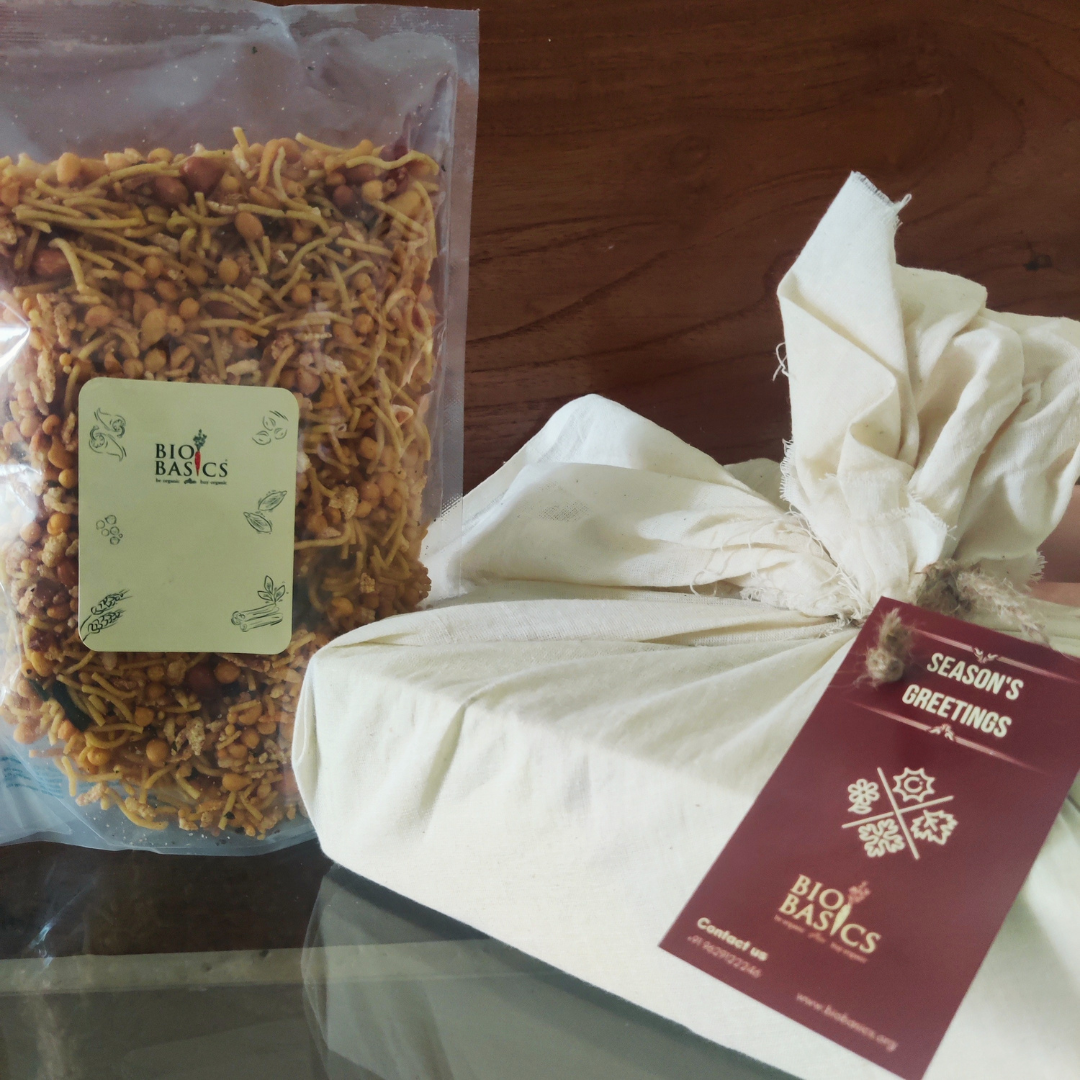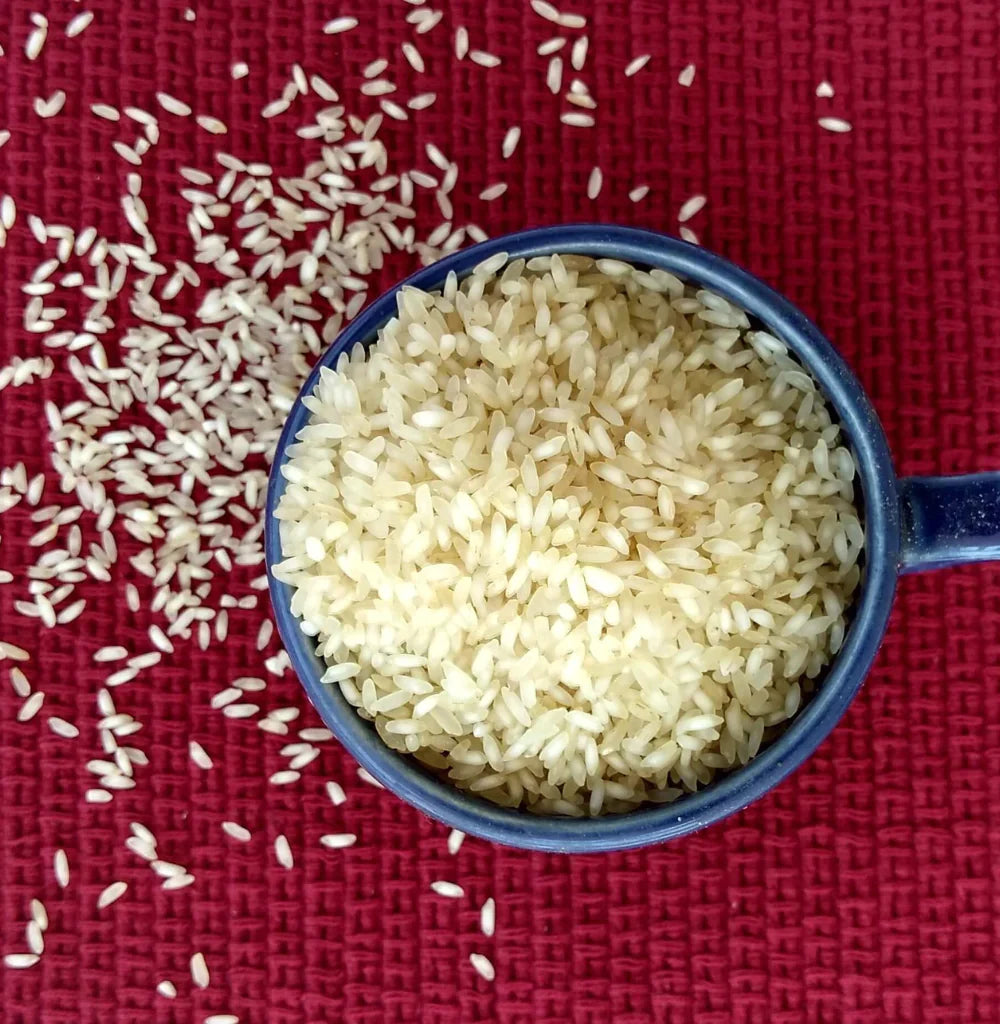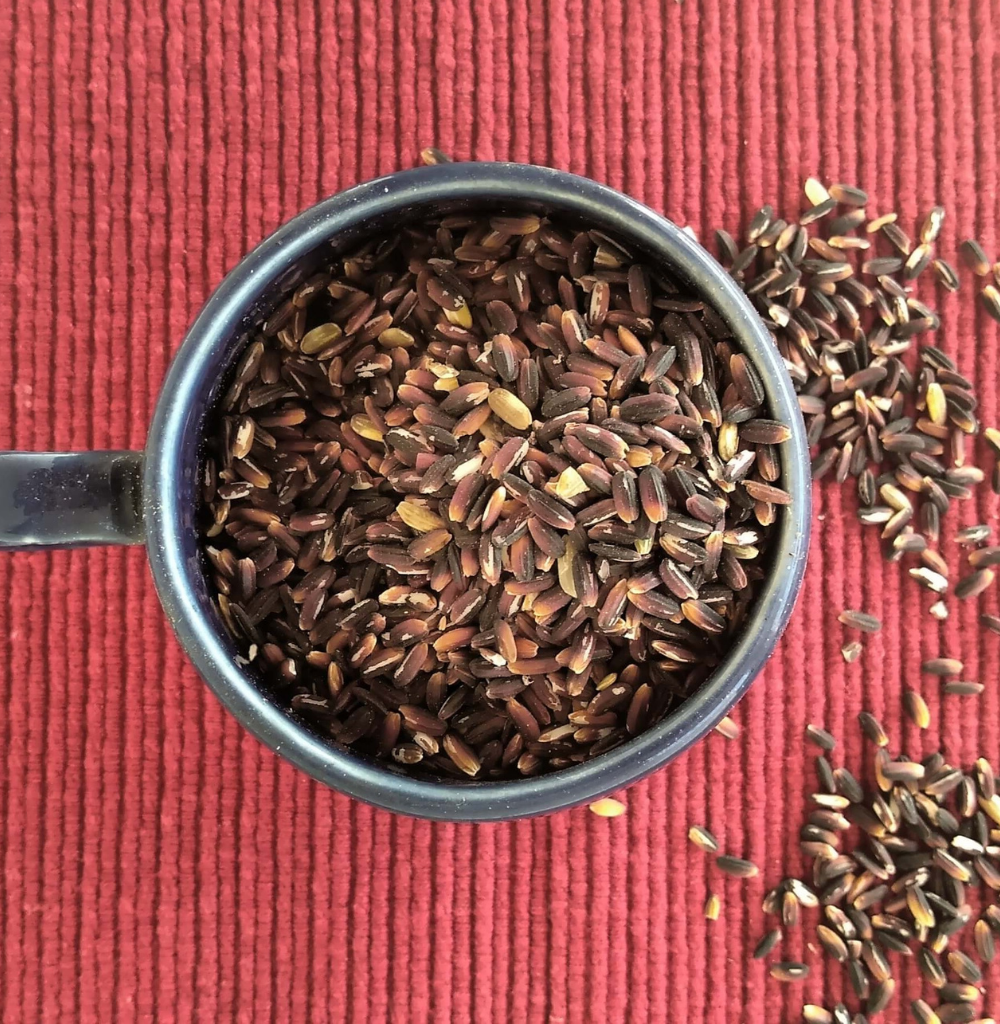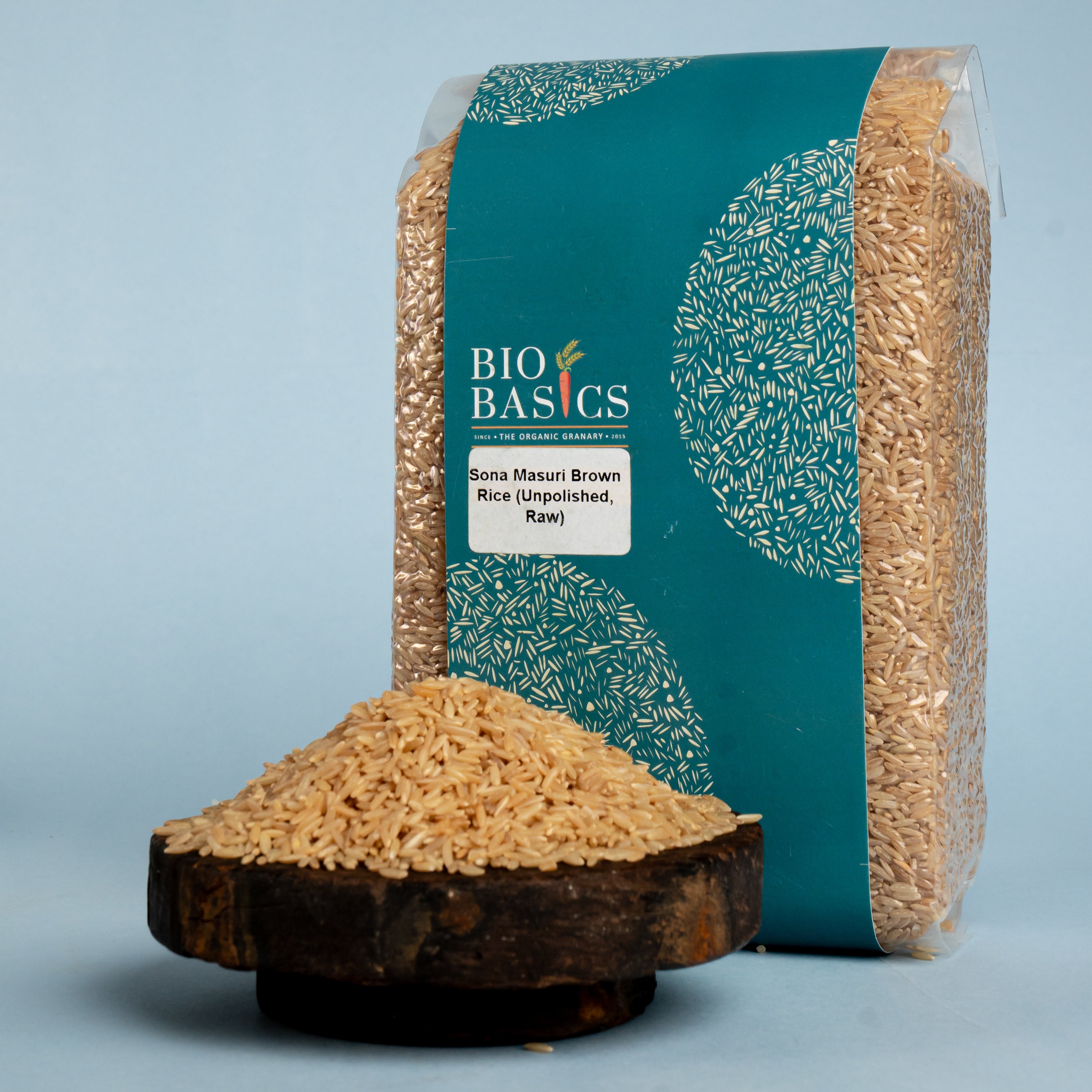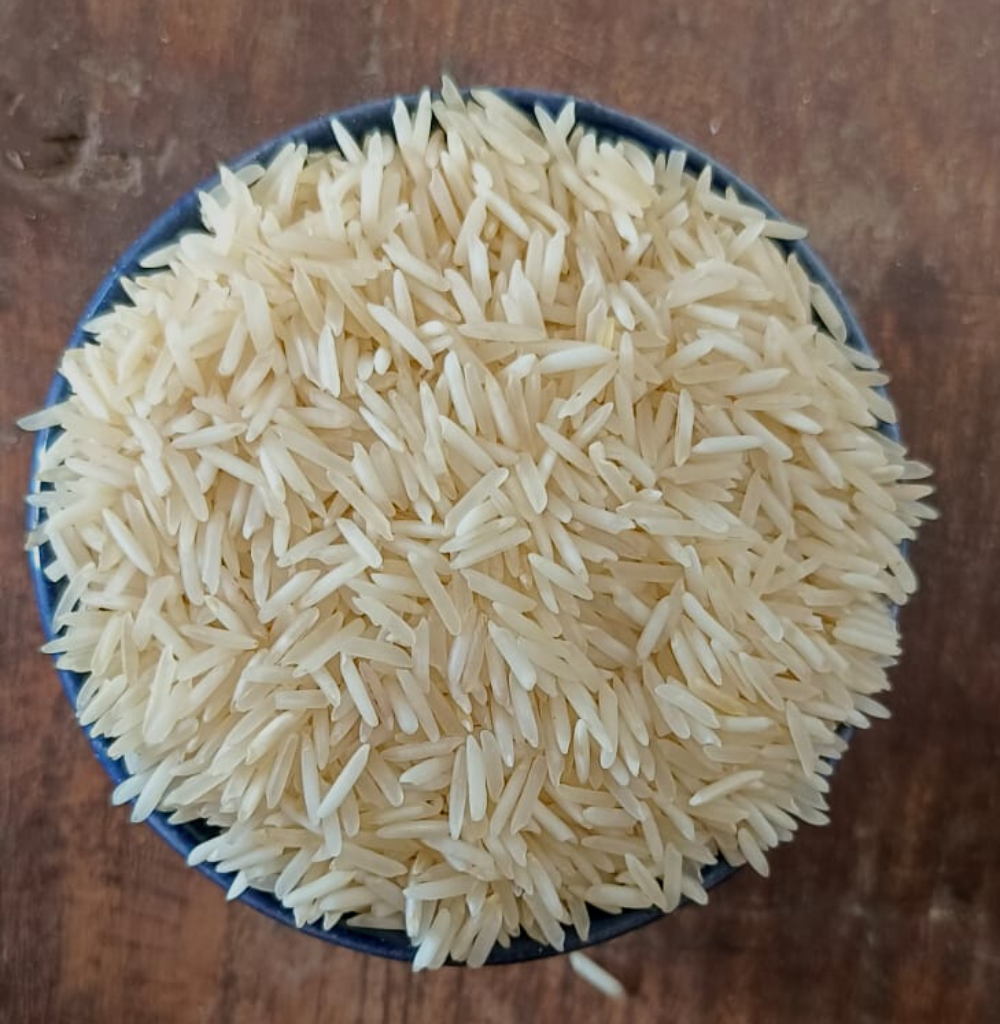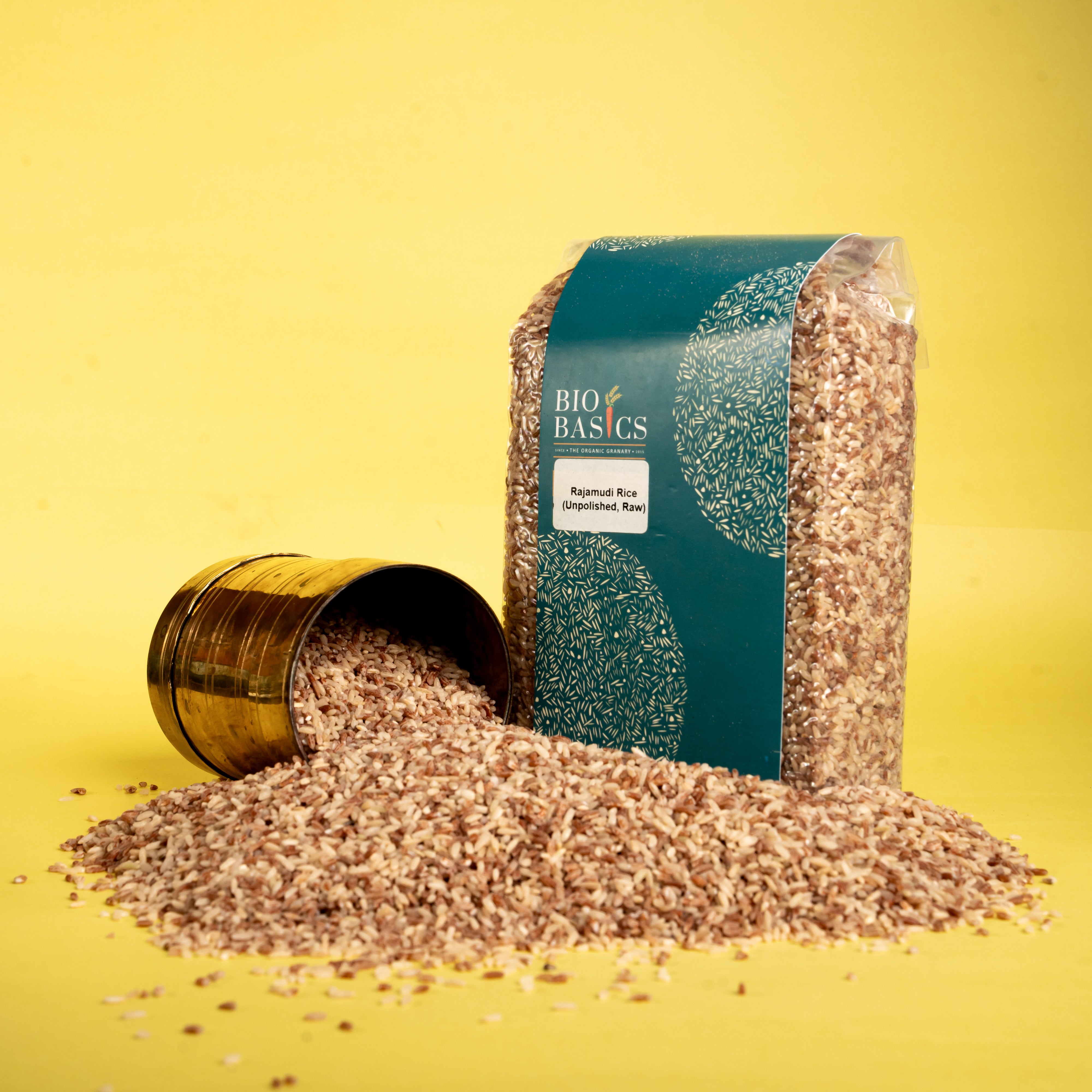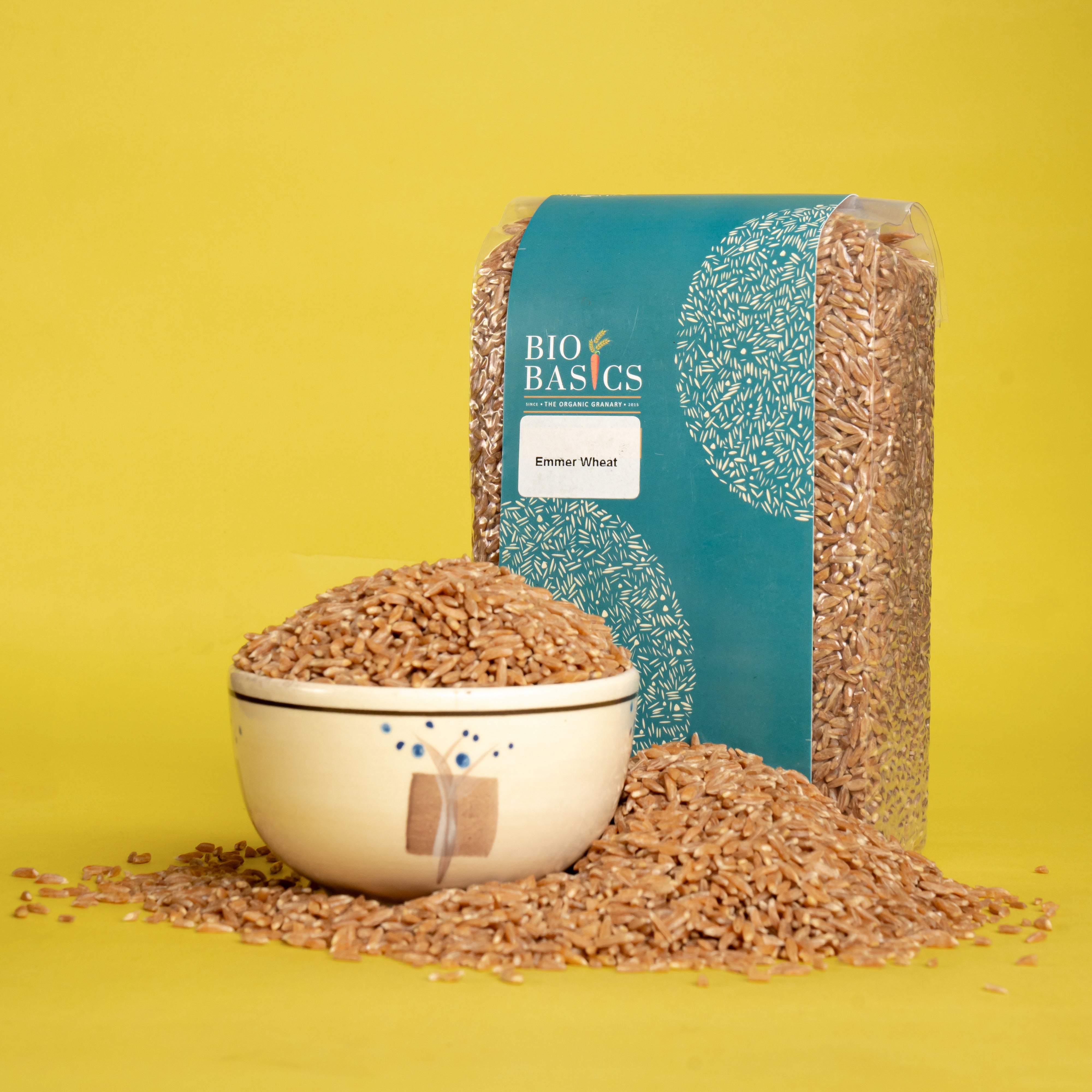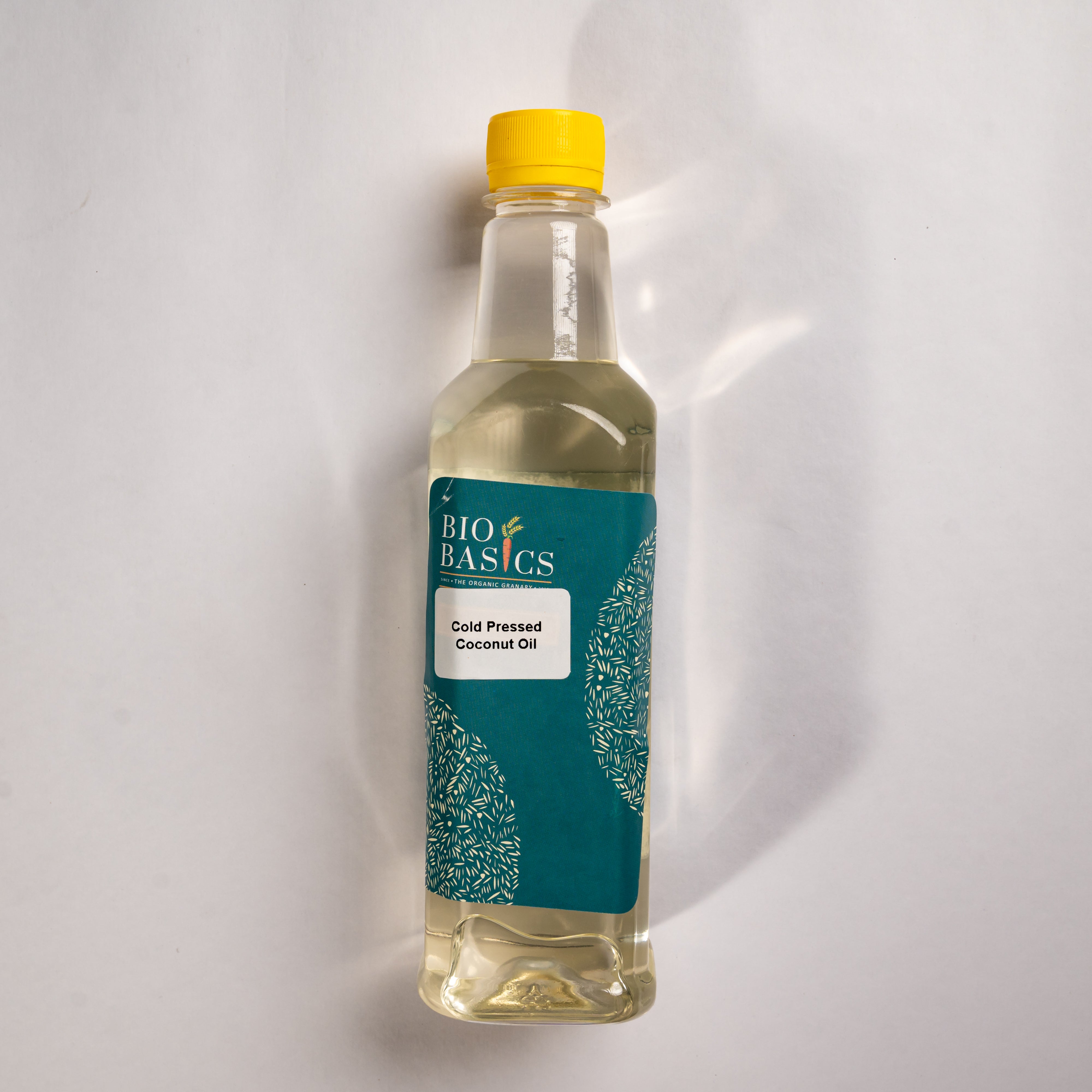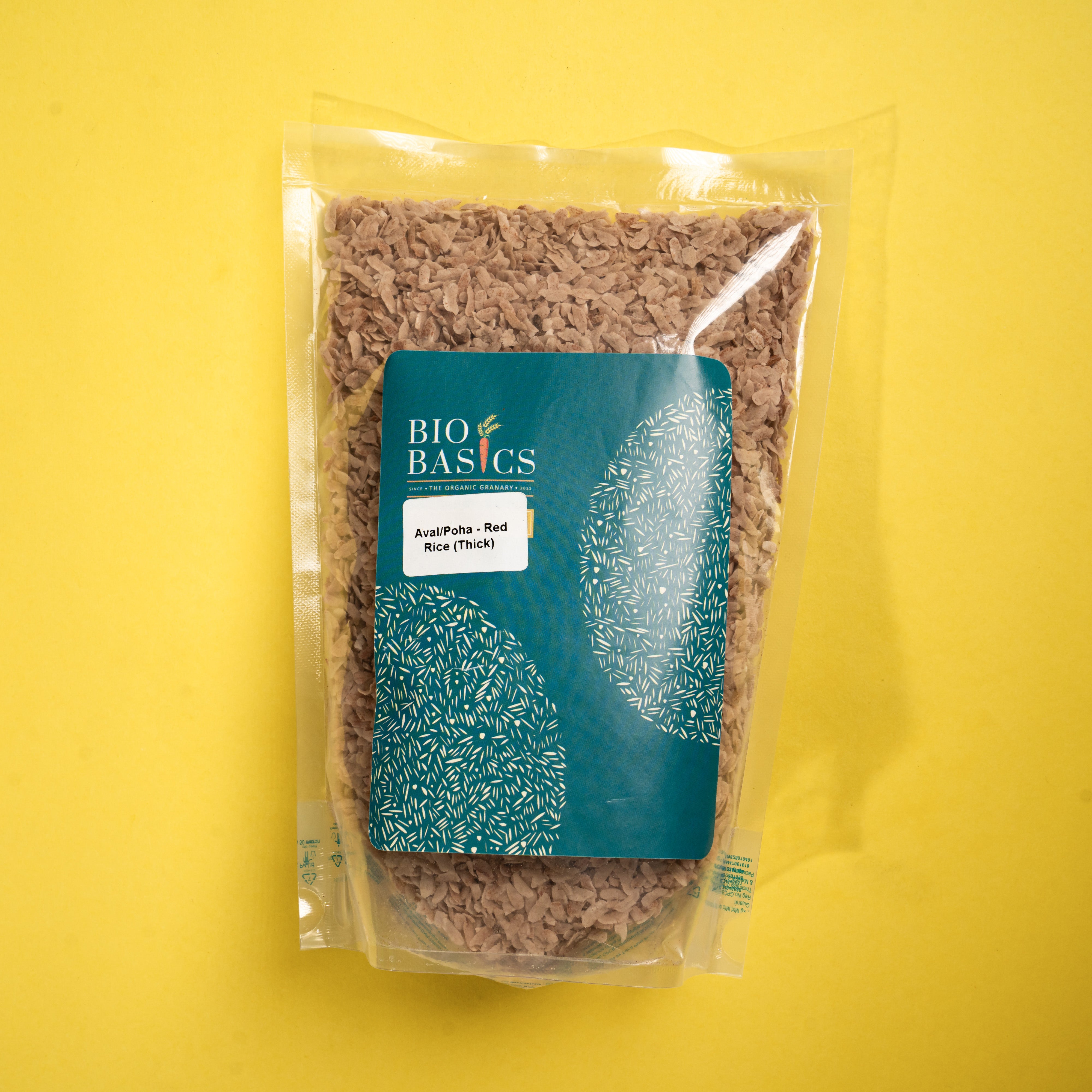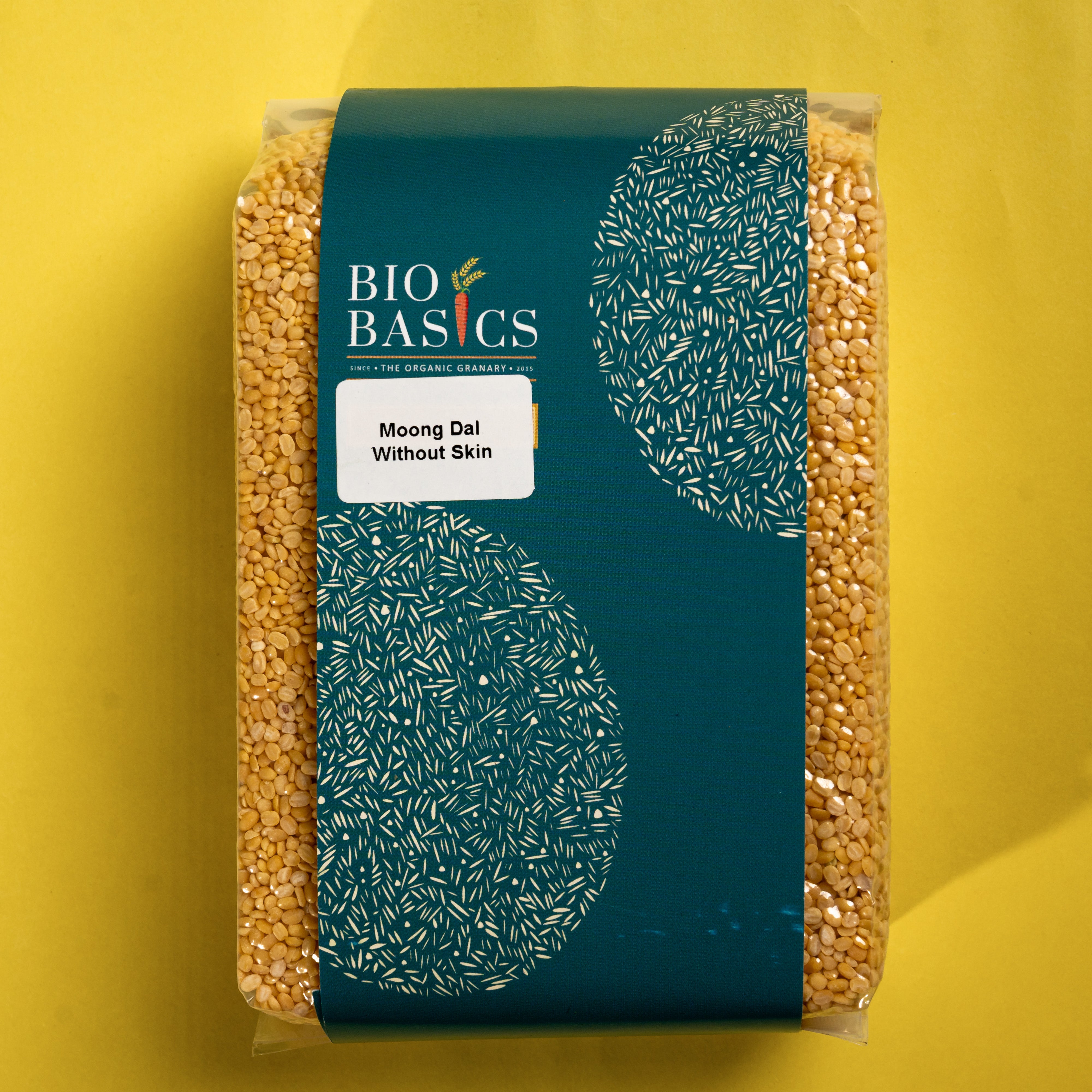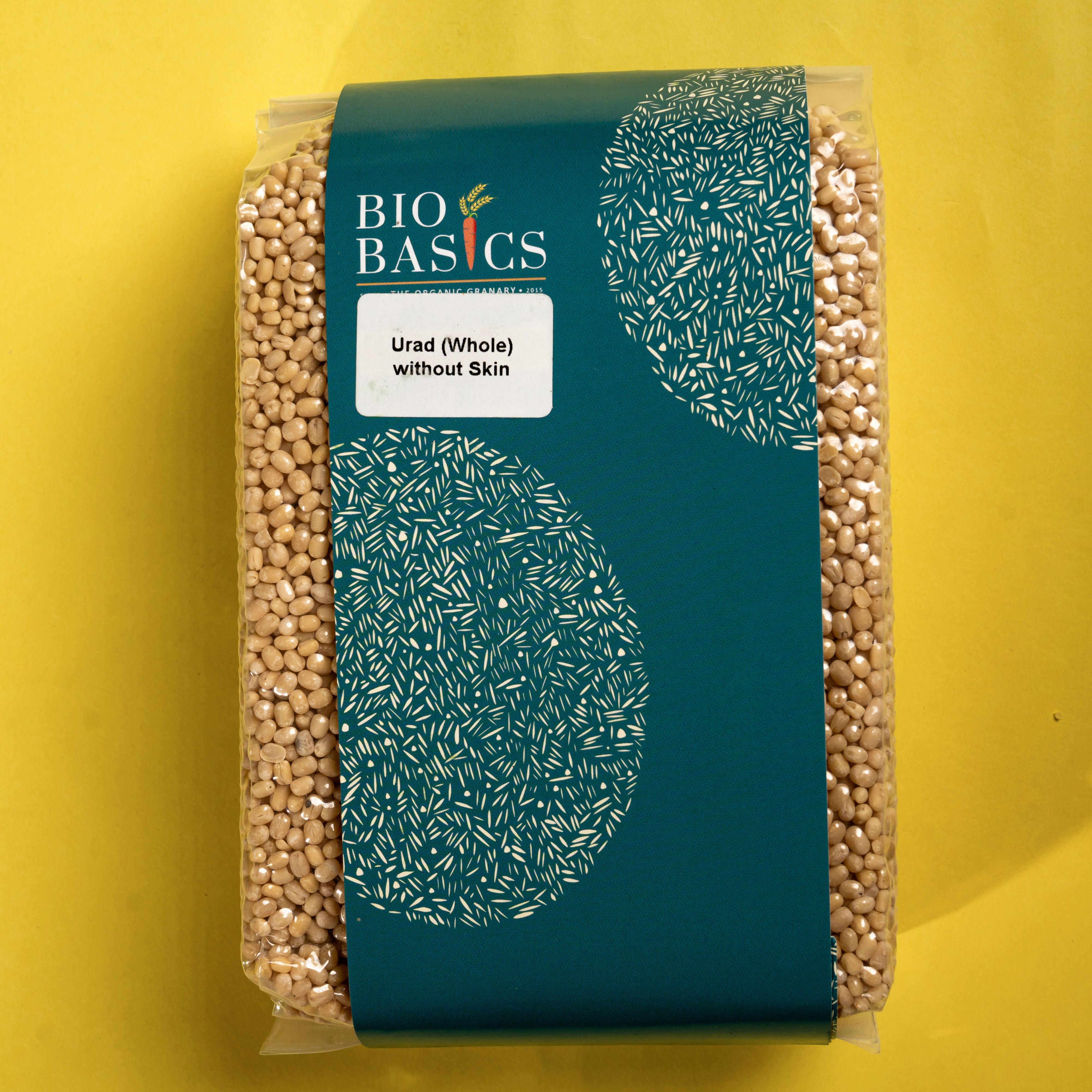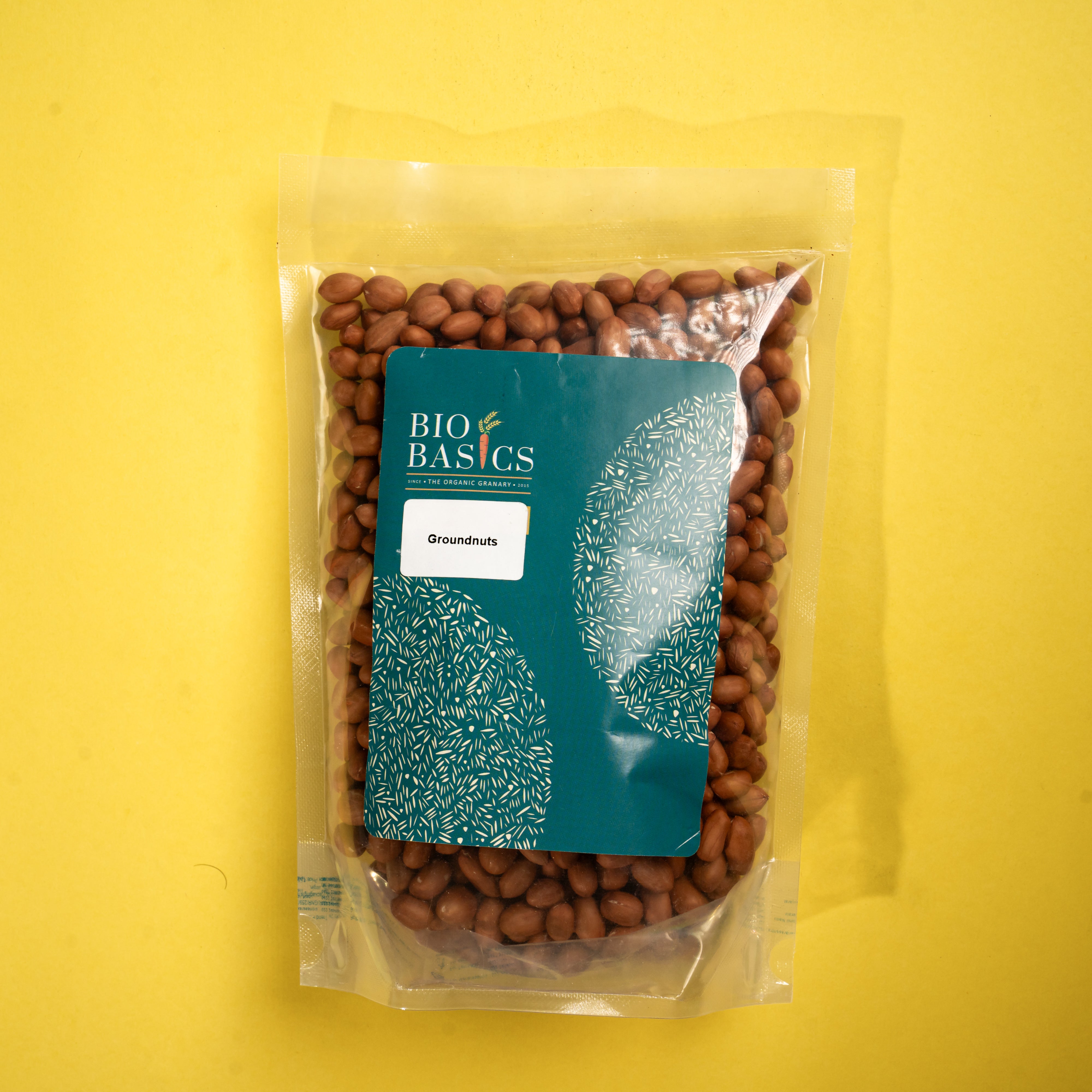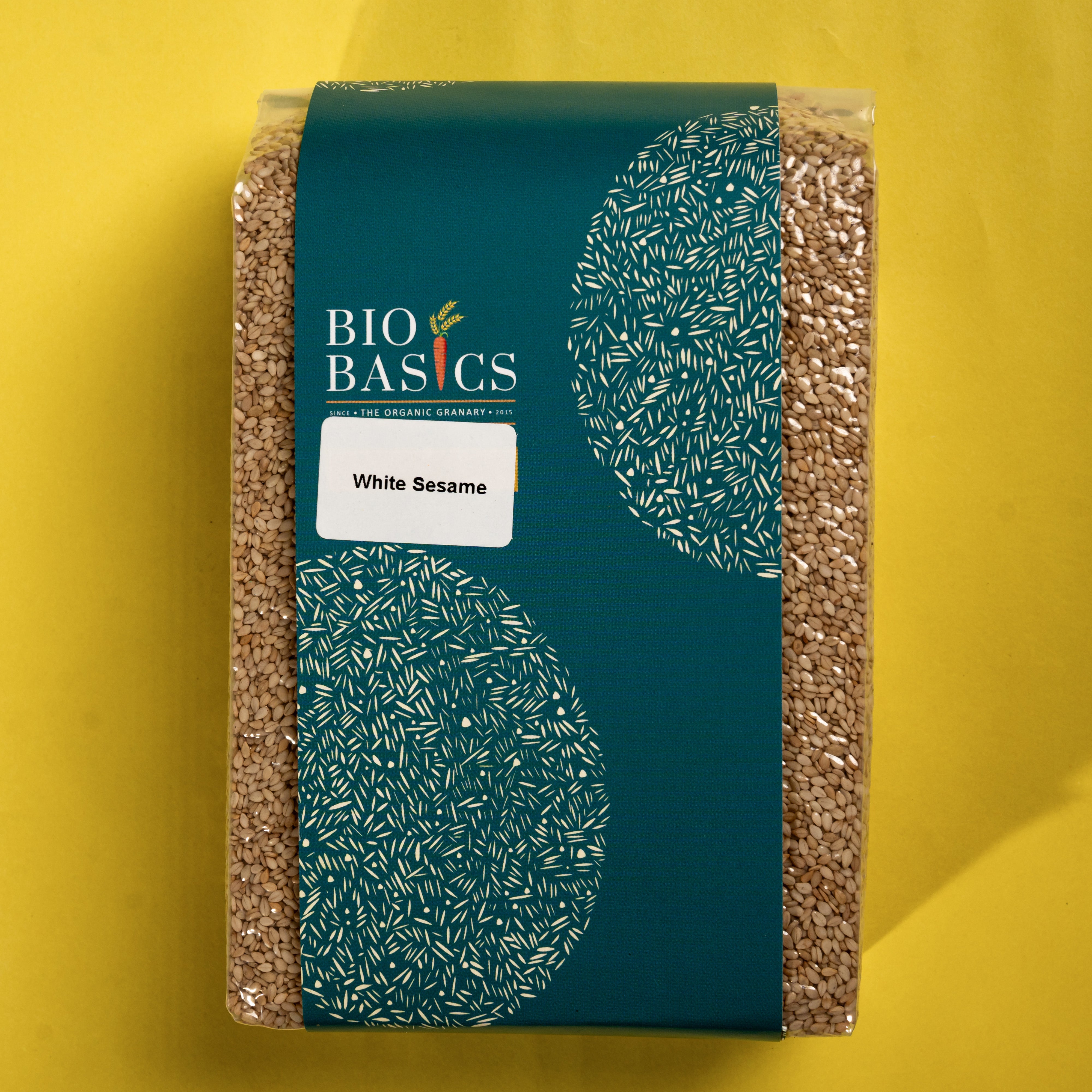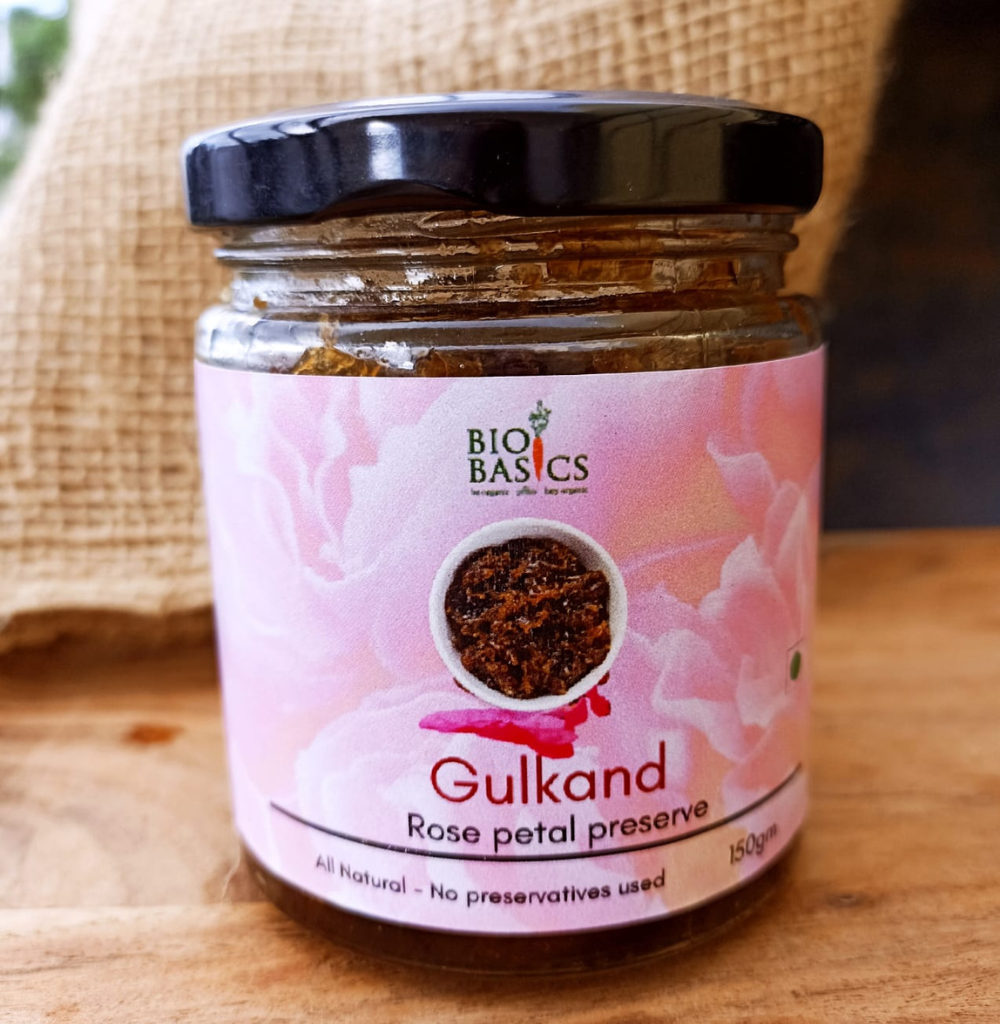The term “GMOs” (Genetically Modified Organisms) was new to me, while in the US in 2006. But since then, many controversies later across countries, the verdict on GMOs is split, as was the Supreme Court verdict this week in the same matter.
As consumers, we are typically at the receiving end of all these matters. But as consumers, we do have a choice of voting with our mouths and money.
So here are 10 things we need to know about GMOs. The more informed we are, the better it is for us, and our future generations. Yes, it affects not only all of us here today, but also our grandchildren, and even theirs too.

What are GMOs?
A fancy name for proprietary seeds of large MNCs dabbling in bio-tech. The technology is so complicated that you and I will get bored listening to the details. So, suffice it to know that it involves shooting genes with a “gene gun” onto the genetic structure of an existing seed, so as to tweak the traits of the crop to cater to certain interests. In other words, this is high-tech playing God with Nature. There are many who think that humans have been doing this for millennia since we started farming. But think again. All we have done so far is within the species (grafting, for instance). But GM technologies allow these MNCs to shoot a pig’s gene onto a plant, for instance. And they do.
Why GMOs?
The typical argument in favor of GMOs: enhanced yield, and lower chemical use. Two major ways of achieving this. One, the insects who typically feed on the crop (sadly referred to as “pests”) are destroyed on eating the crop. And two, the farm and soil can be indiscriminately treated with chemicals to destroy the unwanted organisms (weeds, fungus, etc.) without destroying the GM crop.

How GMOs?
The MNCs who come up with GMOs are mainly seed companies tampering with the seed, which can then be sold to farmers with a promise, while being protected by a patent to prevent farmers from replicating it, and to profit from repeated sales of these “smart” seeds. Heard of “terminator seeds” which can only germinate once? Of course, these MNCs need to jump many regulatory hoops before selling such seeds in the open market. How uncorrupted these regulations are is anyone’s guess!
Impact of GMOs?
Health: Claims of safety for human health are usually made by the very same MNCs based on “studies” which are conveniently short-term. So yes, no human has died yet after consuming GMOs, (cases of death of livestock have been reported though) but is that enough for us consumers?
Social: Farmers are forced to buy these “smart” seeds, instead of growing their own seeds as they have done for millennia. Leading to poor economics, over-dependence, debt-traps and eventual farmer suicides.
Ecological: GMOs can upset the balance in Nature. “Bt Cotton” (the GMO variety of cotton allowed in India since 2000) today has wiped out the entire diversity of Indian cotton. 98% of cotton grown in India today is Bt Cotton. Guess who is in control of the cotton seeds now?

When and where?
GMOs are common among certain crops in the US - corn, soybean, cotton, canola. But most of these are either consumed by animals or are introduced into the human diet through intermediate products, such as high-fructose corn syrup (part of almost all packaged foods).
In Europe, ironically the home of most of these MNCs, GMOs have been unpopular and various governments have imposed restrictions and penalties.
In India, Bt Cotton was the first GMO, which the MNC now claims has failed to achieve the “target” of reduction of bollworms attack. Looks like the worms have beaten the hi-tech labs hands down! Bt Brinjal was vehemently debated among the public in 2008-10 (Devi was part of the GM-Free Coalition of NGOs/activists) which ended up in a moratorium on the GMO.
Who benefits?
Clearly the MNCs who tout the benefits of GMOs. Who does not love their own babies??! If you start seeing GMOs in food in India, you know which stocks to buy on the NSE, right?

Bio Basics Perspective?
Use common sense: Should our food be tweaked in a lab? Your choice.
Stick to Basics: Organic whole foods naturally grown on the farms by farmers with their own seeds.
Protect food for the future generations, because they will never see seeds wiped out by the GMOs.

How to avoid GMOs?
Read labels: Look for “GMO free” labels (particularly in processed foods)
Avoid packaged foods from abroad
In general, be aware of the goings on in this space. Ok…ok…Bio Basics will keep track of this for you.
What can we consumers do?
Read up. Research. Speak against it on social media. Let your voice count. Always keep your money and your mouth away from GMOs.
What next to watch out for?
GM Mustard is the latest attempt to introduce GMOs into our diet (psst…choose organic mustard!). Look out for further hearings of the Supreme Court.
Good luck to all of us living, and to those children yet to be born!

